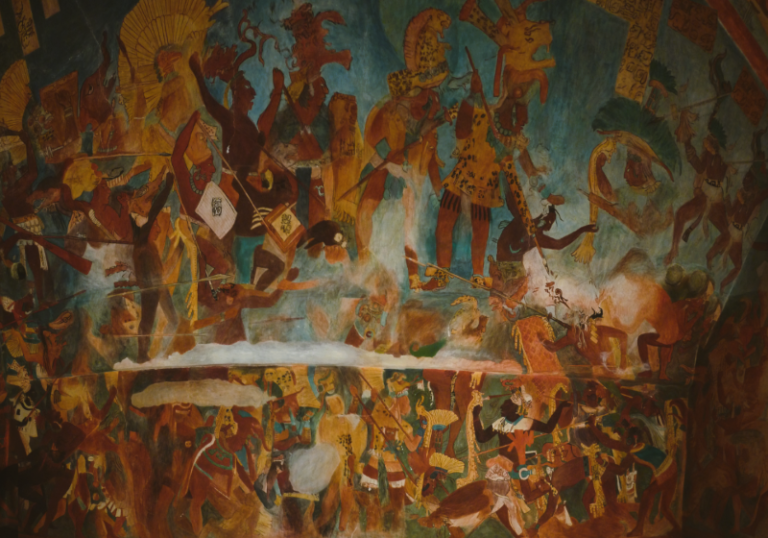
Scottish peerage is a term for the system of titles of nobility in Scotland. It includes all noble titles created by the Kings and Queens of Scots before the Act of Union with England in 1707. Historical peerages are those created by a monarch before this date, while the contemporary ones were created after that date. The Scottish system of ranks within nobility is different from that found in England and other countries.
The Peerage Act of 1707
The English Parliament passed the Act of Union in 1707, which introduced the concept of a Scottish peerage. The English politicians replaced the ancient Scottish system of ranks with a single new rank called “Peer”. This was done following the English concept of nobility. In the English system, peers hold their titles as a matter of inheritance. In Scotland, however, peers hold their titles for life-based on some or other merit.
The Scottish Peerage Act set forth several rules that are still observed today. For example, the Scottish peers cannot hold peerages from foreign countries. The Act also does not allow peers to have titles used as surnames. The Scottish peers cannot be disqualified for their first offense, but they can be stripped of their titles for the second instance of a crime. Before 1707, the Scottish nobility consisted of Lords and Lairds.
Lairds are landowners in the Scottish Highlands and other remote parts of Scotland. They were entitled to hold their own parliaments, known as “Lords of parliament”. In the 18th century, these parliaments were converted into Municipal Councils. The Sovereign had the power to close these parliaments for the incompetence of the Council. This act drew a line between the old nobility and new Scots nobility in Scotland.
Lords are considered the best of Scottish nobles and are entitled to sit on juries. While they do not hold any powers, they can write letters in the name of the Sovereign or adopt their coat or other symbols associated with nobility.
New Scottish Peerage
The Peerage Act of 1707 made Scottish nobility much weaker than before this act. By the end of the 18th century, almost every Scottish noble family had become a new peer. However, these families could still hold their titles as honorary ones. In other words, they did not have any voting rights in national parliaments. The only way to have one of these titles was by being a member of the House of Lords.
All the titles that were lost after 1707 have been created again. The new Scots nobility was almost a replica of the old. A single new rank called “Peer” was created. The monarch determined the name of the peerage. The rules of the Peerage Act were also extensively amended. The new creation procedure meant that Scottish peers did not hold their titles for life as in the old system. Now they held their titles only for as long as they were in good standing. This effectively made Scottish peers non-hereditary.
The House of Lords was still in existence, but it was smaller than the previous version. It was given a new composition of hereditary peers and the new peers. A peer can keep his seat in the House of Lords only if he lives in Scotland for at least three months every year for twenty years or more. Peers cannot be disqualified for their first offense.
However, they can be stripped of their titles for the second instance of a crime. This made the House of Lords a stronger house than the House of Commons. For example, in the case of murder, one of these peers is charged with murder and convicted. If he does not have a seat in the House of Lords, he can be sentenced to death. A baronetcy can obtain a hereditary title in Scotland.
A Scottish baronet is an old version of the new Scots peerage system. It was created before 1707, but the title is still in existence. Anyone who has been convicted of a crime in the UK or abroad can lose the title forever. A person can hold one title only in Scotland. This was done to prevent the multiplication of honors. An exception to this rule is that a person can hold two titles only if present in the House of Lords. An heir succeeding to a peer can also hold the title of a deceased peer. This title is known as “lord of the name”. In conclusion, an Act of Parliament passed in 1708 and 1887 makes it possible for the monarch to remove Scottish peers from the House of Lords. This is only done if the peer in question has been guilty of an offense. This means that a person can democratically lose their title. A list of peers who are turned down is published every year. The current list can be found on the official website of the law.



